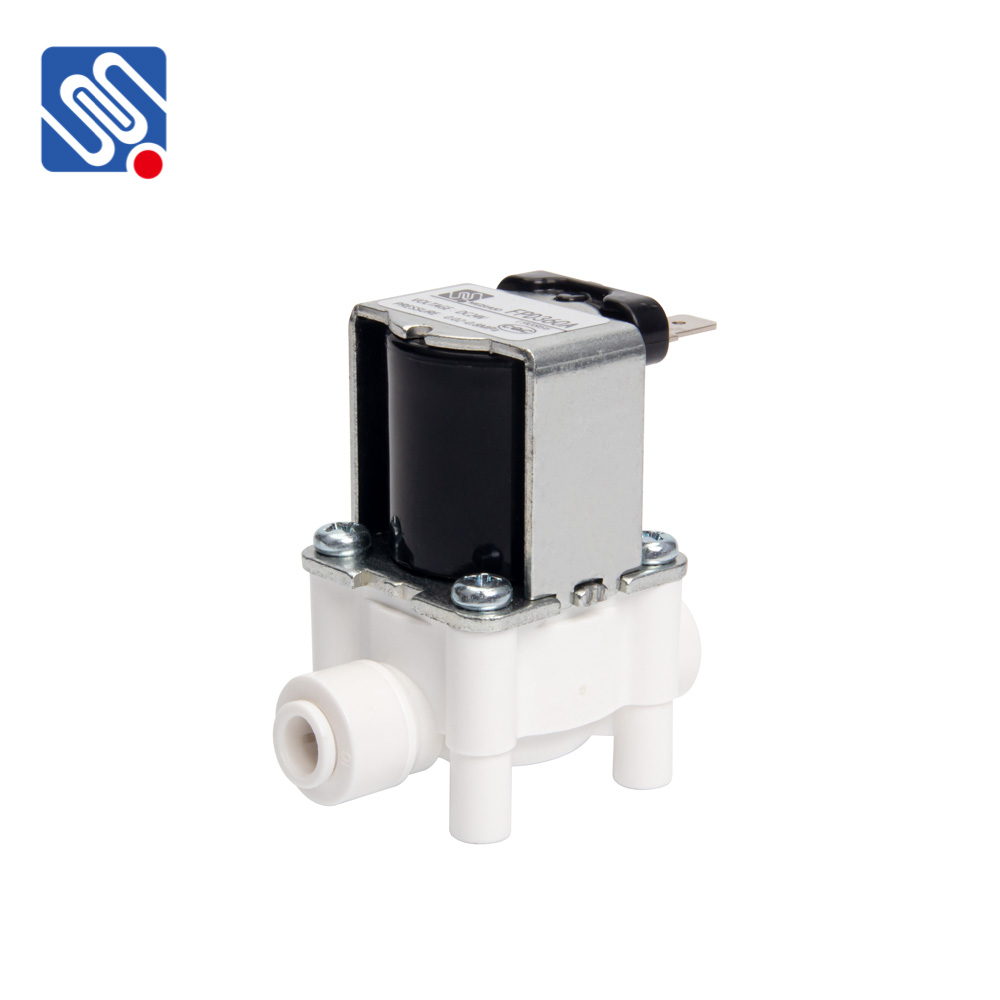In industries where safety and purity are of utmost importance, such as food and beverage processing, pharmaceuticals, and medical equipment manufacturing, non-toxic solenoid valves play a critical role in ensuring the safe flow of fluids and gases. These valves are designed with specific materials and technologies to prevent contamination from harmful substances, making them ideal for applications where the quality of the material being transported is closely monitored. This article explores the design, functionality, and applications of non-toxic solenoid valves, highlighting their importance in maintaining safety and purity in critical systems.

What is a Non-toxic Solenoid Valve? A solenoid valve is an electromechanically operated valve used to control the flow of fluids or gases in a system. It works by using an electromagnetic coil to activate a plunger, which opens or closes the valve to allow or restrict the passage of the fluid. Non-toxic solenoid valves function in the same way as traditional solenoid valves, with the key distinction being the use of non-toxic materials that are certified for use in environments where contamination could pose serious risks to health or safety. These valves are specifically manufactured to meet rigorous standards that ensure they do not release harmful substances into the fluids or gases they control. Materials such as stainless steel, FDA-approved plastics, and medical-grade elastomers are commonly used to make non-toxic solenoid valves. This guarantees that the valve is safe for use in industries like food and beverage processing, pharmaceuticals, water treatment, and medical applications.
Leave a Reply